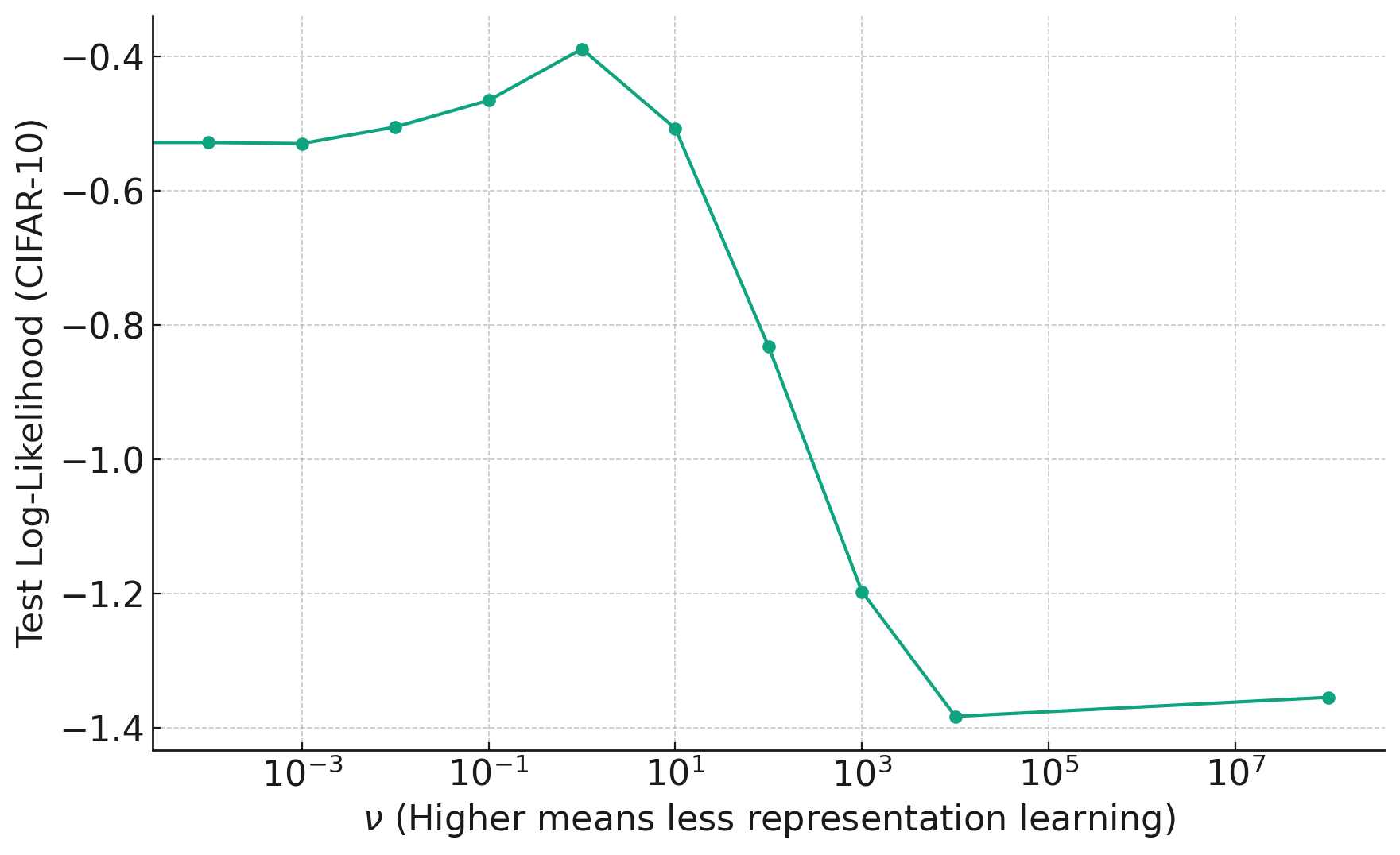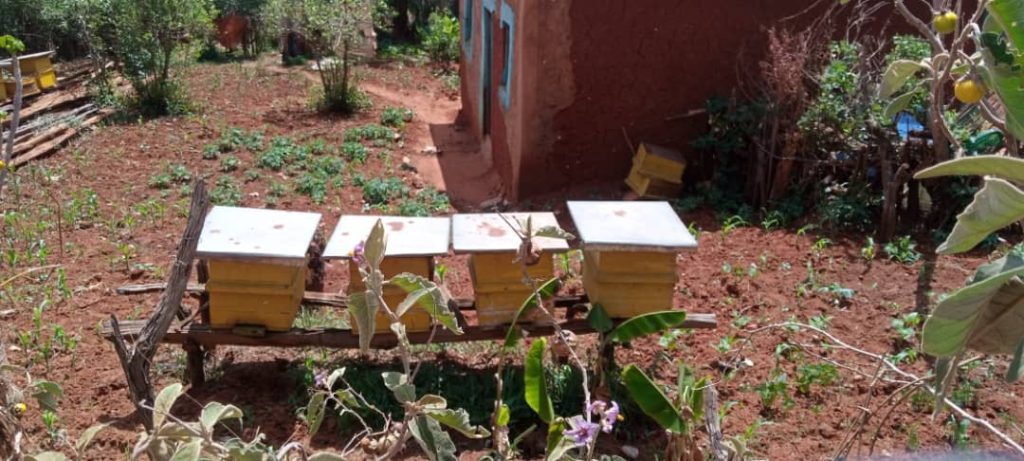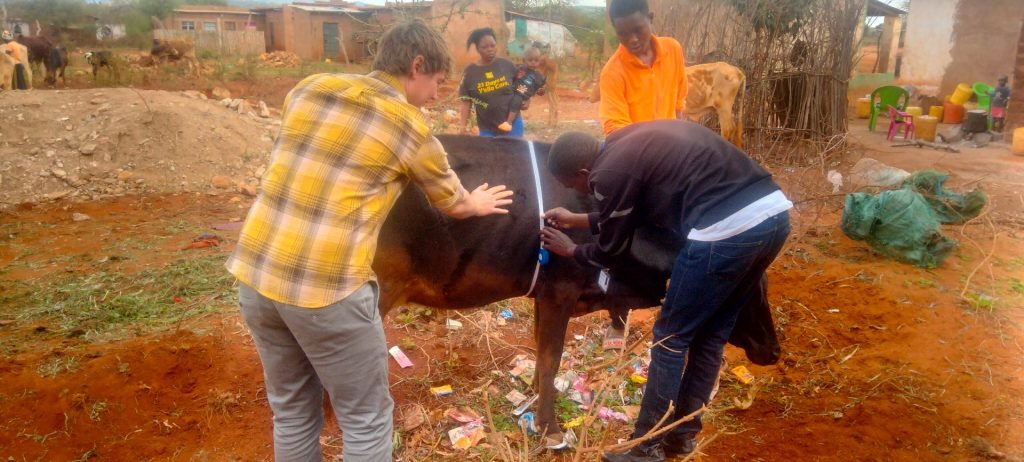An Introduction to Knowledge Exchange
The Compass CDT was delighted to recently host a Guest Lecture by Professor Chris Breward, from the Mathematical Institute, University of Oxford.
Chris led an interactive session for our PhD students, which focused on getting started with knowledge exchange (KE), and explored the skills needed to engage with industrial and other external partners.
As Scientific Director of the Knowledge Exchange Hub for Mathematical Sciences and Co-Director of the EPSRC CDT in Industrially Focused Mathematical Modelling, Chris had a wide range of valuable advice to share.
 Drawing on his experience building parternships with companies and setting-up projects with industry co-funding, he ran through the different ways researchers at all stages of their career can get involved in KE.
Drawing on his experience building parternships with companies and setting-up projects with industry co-funding, he ran through the different ways researchers at all stages of their career can get involved in KE.
Attendees explored why companies might engage with mathematical scientists, discussed things to consider before meeting potential collaborators, and looked at what can sometimes go wrong with academic-business relationships.
Student reflections
“During his Guest Lecture, Chris chatted with all of us about ways to communicate with non-academics during shared projects and how to do positive work as mathematical consultants.
“The session covered the pragmatics and hard-skills of private sector contract work, as well as the soft skills of open body language, effective listening and people management.
“He described the barriers that can arise between researchers (mathematicians in particular) and industrial partners. We then chatted interactively through where these pitfalls come from and how best to avoid them.
“He also gave us an entry-level look into the broader differences between universities and industry.”
- Emma Tarmey, Compass CDT student, Cohort 4
KE initiatives
Chris closed by encouraging attendees to get involved with some of the opportunities the KE Hub provides for PhD students and researchers, such as the online Triage Workshops. These events can provide a safe space for individuals to gain experience with knowledge exchange, by observing senior colleagues from across the country.
He expressed his hope that Compass students would benefit from the upcoming five-day European Study Group with Industry (ESGI), which will take place here at the University of Bristol from Saturday, 14 July to Wednesday, 18 July 2025.
The Compass CDT was grateful to Chris for giving up his time to visit us in the School of Mathematics’ Fry Building, and we look forward to seeing him in Bristol again in the future.
As well as being an applied mathematician, lecturer and researcher at University of Oxford, Chris is co-founding Chief Moderator of the Mathematics-In-Industry Reports online KE repository, and a member of the Newton Gateway’s Scientific Advisory Board.






